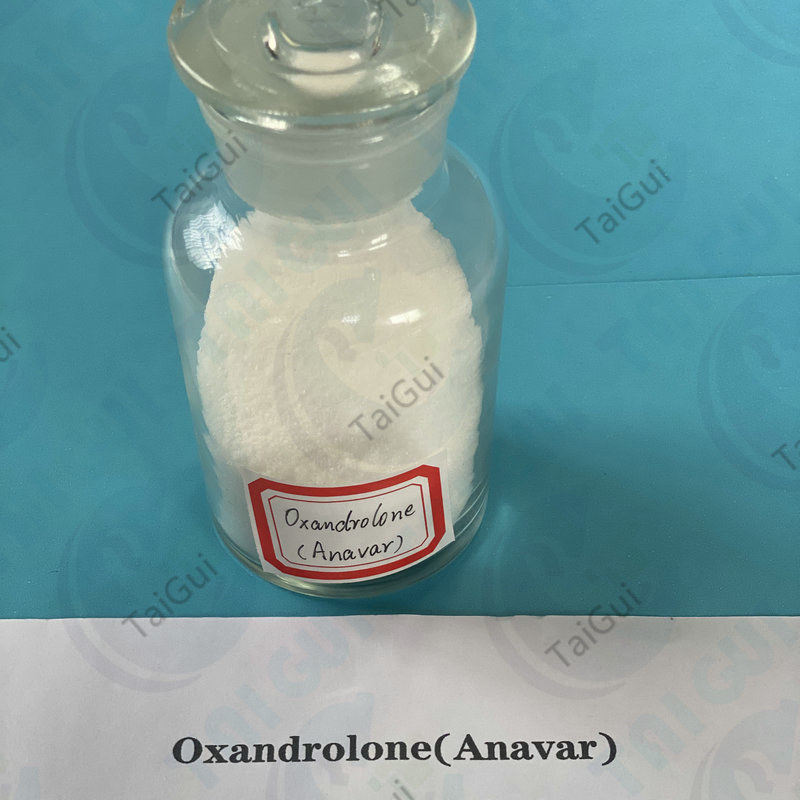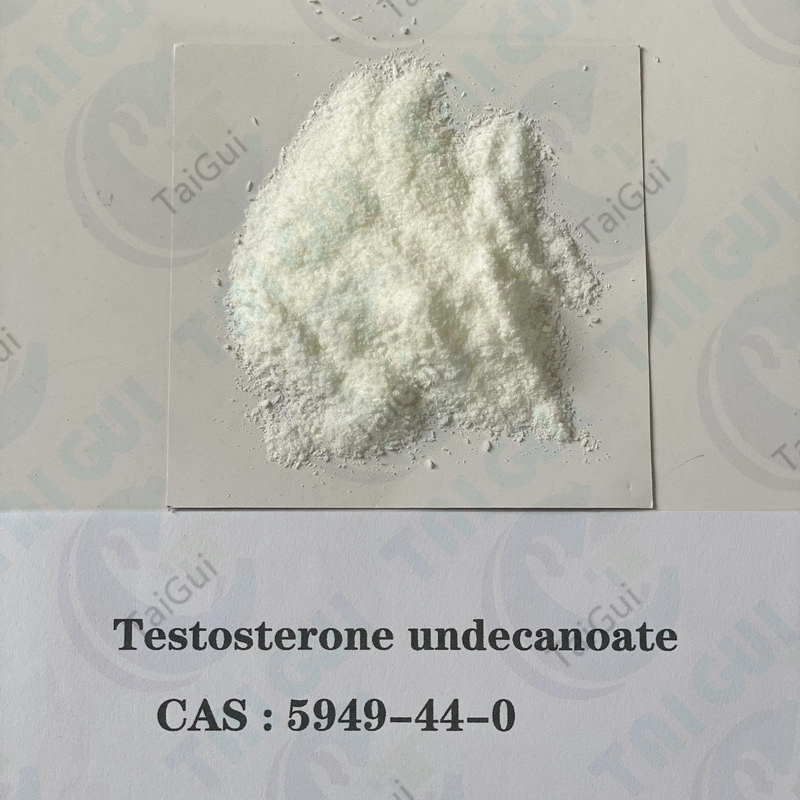Dehydroepiandrosterone sulfate (DHEAS) is a form of the hormone DHEA that tends to be slightly elevated in people with polycystic ovarian syndrome (PCOS). If your healthcare provider suspects or is monitoring your PCOS, they may order a blood test to measure your levels.
The amount of DHEAS in your blood can help your provider evaluate PCOS and rule out other medical conditions that have similar symptoms. Test Steroid

DHEAS is secreted by the adrenal glands and is the most abundant circulating steroid hormone in humans. It is converted into either estrogen or testosterone in the body.
DHEAS levels change throughout stages of development:
Almost all of the DHEA circulating in the bloodstream is in the form of DHEAS.
Extreme elevations of the hormone may indicate another cause, such as an androgen-producing adrenal tumor.
Roughly 20% to 30% of people with PCOS have elevated DHEAS levels.
Normal DHEAS levels vary by age and gender. Normal levels in females:
Throughout the course of your treatment for PCOS, a healthcare provider may measure your DHEAS and other hormones.
Since DHEAS levels naturally decline with age, some females take DHEA supplements, which are purported to reduce signs of aging, improve bone density, ease depression and improve libido.
However, the existing data shows that while it may help depression, it does not appear to improve bone health, quality of life, or sexual function in older adults.
In fact, it may be unsafe when used orally in high doses or long term. There is concern that higher than normal DHEA levels may increase the risk of breast cancer or other hormone-sensitive cancers.
Several medications can alter your DHEAS level.
These changes are typically not significant enough to impact the clinical treatment of PCOS or create confusion in diagnosing PCOS or secondary conditions.
Goodarzi MO, Carmina E, Azziz R. DHEA, DHEAS and PCOS. J Steroid Biochem Mol Biol. 2015;145:213-225. doi:10.1016/j.jsbmb.2014.06.003
Carmina E, Longo RA. Increased prevalence of elevated DHEAS in PCOS women with non-classic (B or C) phenotypes: a retrospective analysis in patients aged 20 to 29 years. Cells. 2022;11(20):3255. doi:10.3390/cells11203255
Elhassan YS, Idkowiak J, Smith K, et al. Causes, patterns, and severity of androgen excess in 1205 consecutively recruited women. J Clin Endocrinol Metab. 2018;103(3):1214-1223. doi:10.1210/jc.2017-02426
Elraiyah T, Sonbol MB, Wang Z, et al. Clinical review: The benefits and harms of systemic dehydroepiandrosterone (DHEA) in postmenopausal women with normal adrenal function: a systematic review and meta-analysis. J Clin Endocrinol Metab. 2014;99(10):3536-3542. doi:10.1210/jc.2014-2261
Charoensri S, Chailurkit L, Muntham D, Bunnag P. Serum dehydroepiandrosterone sulfate in assessing the integrity of the hypothalamic-pituitary-adrenal axis.J Clin Transl Endocrinol.2017;7:42–46.doi:10.1016/jcte.2017.01.001
By Nicole Galan, RN Nicole Galan, RN, is a registered nurse and the author of "The Everything Fertility Book."
Thank you, {{form.email}}, for signing up.
There was an error. Please try again.

Methasterone By clicking “Accept All Cookies”, you agree to the storing of cookies on your device to enhance site navigation, analyze site usage, and assist in our marketing efforts.